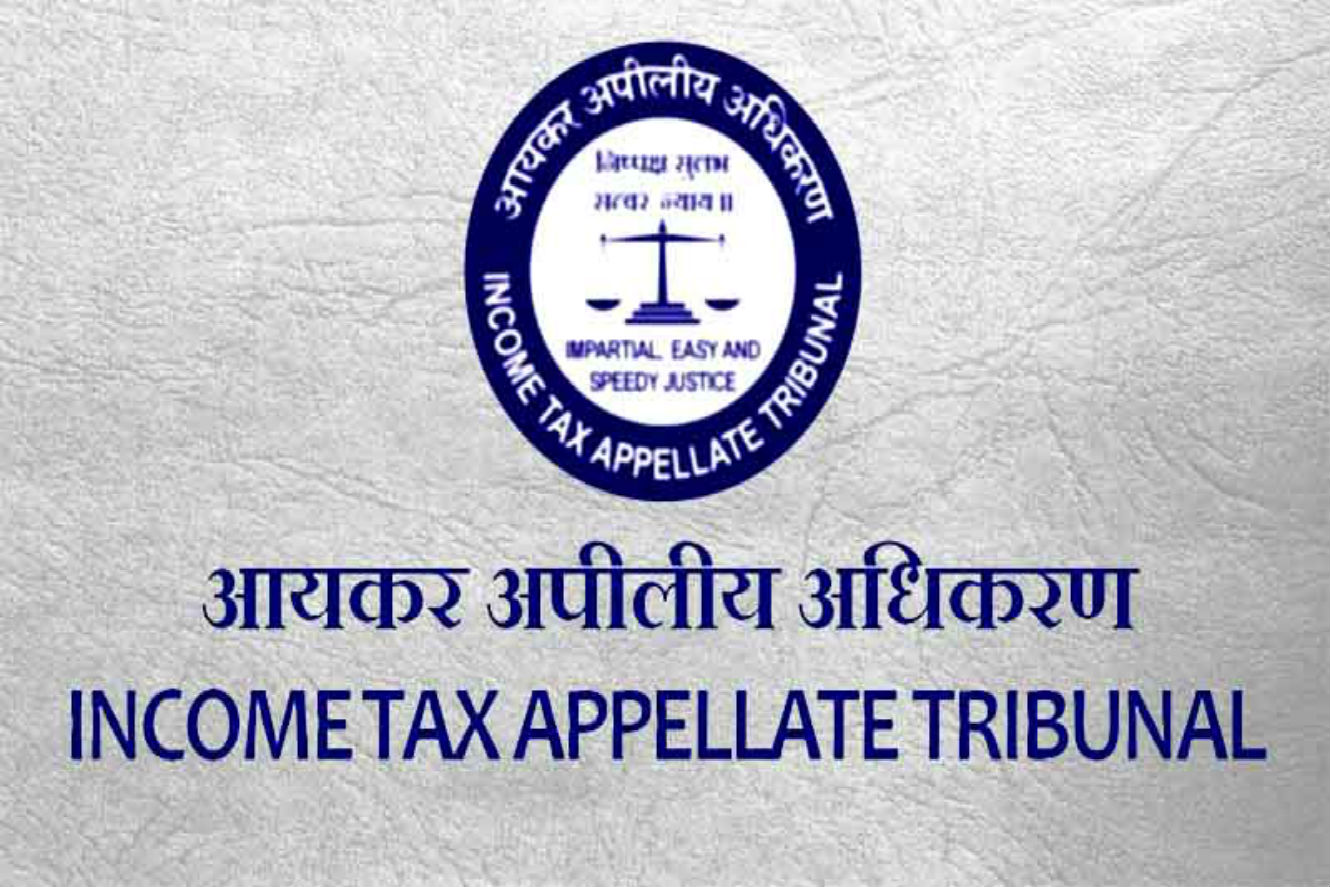J.N. Dubey, J.@mdashThis writ petition is directed against the order dated 31.12.1993 of the Respondent No. 5, the Lokayukta, Bihar.
2. It appears that on 24.9.1951, the Petitioner was appointed as Reserve Veterinary Assistant Surgeon in Animal Husbandry Service Class III. On 21.1.1959, some posts of Animal Husbandry Service Class III were upgraded from pay scale of Rs. 125-250 to 150-350. All the degree holders, and diploma holders, who had completed 10 years continuous service in the cadre of Animal Husbandry Service Class III were given the pay scale of Rs. 150-350, The Petitioner, who is a diploma holder, was placed in the scale of Rs. 150-350 on completion of 10 years of service on 21.9.1963. On 30.11.1976, the Petitioner was promoted to the selection grade Animal Husbandry Service Class III. On 25.4.1978, the Animal Husbandry Service Class III was declared gazetted service and as such, the Petitioner became Junior Class II officer in the pay scale of Rs. 455-840. On 30.12.1981, the State Government, on the recommendation of the 4th Pay Revision Committee, introduced the scheme of time bound promotion. On 15.9.1985, the Petitioner filed representation to the Commissioner-cum-Secretary, Animal Husbandry and Fishery Department, Bihar for granting second time bound promotion, but with no result. In the meantime, he retired on attaining the age of superannuation on 31.1.1990. The Petitioner moved representation to the Respondent No. 5, the lokayukta, Bihar. The Respondent No. 5 issued notice to the Animal Husbandry Department in response to which the Respondent No. 2, the Deputy Secretary, Department of Animal Husbandry, Bihar stated that the Petitioner was given Class II Junior Selection Grade and Class II Senior Pay Scale on 1.1.1982 and he retired on 31.1.1990 before completion of 10 years of service in the said grade and therefore, his case could not be considered for grant of second time bound promotion. On 31.12.1993, the Respondent No. 5 closed the proceedings. Feeling aggrieved, the Petitioner has filed this writ petition.
3. Heard the learned Counsel for the parties and perused the record.
4. Learned Counsel for the Petitioner contended that he was granted only one promotion during his entire service tenure on 30.11.1976 and, therefore, he was entitled for second time bound promotion. On the other hand, learned State counsel contended that the Petitioner was already granted two promotions-first on 21.9.1963 and the second on 30.11.1976 and, therefore, he was not entitled for any further time bound promotion.
5. In order to appreciate the argument of the learned Counsel paragraph 11 of the resolution dated 30.12.1981 of the Government of Bihar containing the scheme for time bound promotion is quoted below:
11. With regard to time bound promotion, the Fourth Pay Revision Committee have made the following recommendations:
(i) Personal management should envisage providing at least two promotions to each and every employee in Government service, the first by the end of ten years of service and the second by the end of 25 years of service.
(ii) If an employee who is otherwise fit for promotion and has not been able to get a single promotion by 10 years of service notwithstanding the fact that a specified percentage of the cadre is already provided in the different levels of promotion inclusive of the selection grade, he should be promoted to the junior selection grade at the end of the tenth year.
(iii) If an employee, although otherwise found fit for a second promotion, has not been able to secure a second promotion by the 25th year of his service notwithstanding the fact that a specified percentage of the cadre is already provided in the different levels of promotion inclusive of the selection grade, he should be promoted to the senior selection grade at the end of the 25th year.
(iv) The aforesaid facilities should be extended to all employees whether they belong to any formally constituted service or cadre, or not and including employees holding isolated posts. In their case, the pay scale immediately higher than the pay scale prescribed for the basic post should be considered as the pay scale for the junior selection grade, and the pay scale immediately higher to that of the aforesaid junior selection grade should be deemed to be the pay scale for the senior selection grade.
(v) The aforesaid scheme of time bound promotion will not be applicable to services, cadres and posts of which the maximum of the pay scale of the basic grade exceeds Rs. 2,000.
(vi) The other conditions, the rules and procedure meant for usual promotion should be followed in case of the aforesaid time bound system also.
(vii) Since the aforesaid scheme is meant as an anti-stagnation measure, it should be applicable in case of only such employees who have not been able to get the first or the second promotion, as the case may be. In other words, the benefit of the time bound system should be extended to those who are stagnating in the same pay scale to which they were appointed or its corresponding revised pay scale. The benefit should not be made applicable to such employees who, after once joining Government service have, for any reason, been elevated to a higher pay scale, by promotion, merger or even up gradation. This should require issue of specific orders in case of every employee which should obviously be done only after a careful examination of his service record.
(viii) The aforesaid scheme is obviously not intended to deny any employee earlier promotion that comes in his favour in the usual course.
The above recommendations have been accepted by Government subject to the condition that the benefit of time bound promotion over and above the selection grade quota of posts as envisaged in paragraph 10, will be allowed to eligible employees only after first exhausting the possibility of accommodating such employees against the vacancies available in the selection grade.
6. As would appear from the Clause (vii), time bound promotion scheme was introduced as an anti-stagnation measure. The employees who could not get any regular promotion were entitled for two time bound promotions-first time bound promotion on completion of 10 years of service and second on completion of 25 years in a particular cadre. There is no dispute between the parties so far promotion dated 30.11.1976 is concerned. The only controversy is about the promotion dated 21.9.1963. On one hand the case of the petitioner is that his placement in the pay scale of Rs. 150-350 as a result of up gradation of post, could not be treated as promotion. On the other hand, the claim of the Respondent is that the Petitioner was placed in higher pay scale on up gradation of some posts of the Animal Husbandry Service Class III and, therefore, it was a case of promotion.
7. Having considered the argument of the learned Counsel, I am of the opinion that the Petitioner is not entitled for any further time bound promotion. The Petitioner was appointed in Animal Husbandry Service Class III. Out of this cadre only some posts were upgraded, not the entire cadre and only the degree holders, and the diploma holders, who had completed 10 years of service were entitled for upgraded pay scale. Thus, it cannot be claimed that it was a case of up gradation of the posts as such. Rather, it was a case of creation of a higher pay scale in the same cadre for accommodating a particular class of employee of that cadre. The Petitioner continued to be in Animal Husbandry Service Class III, but in view of his completing 10 years of service he was placed in upgraded pay scale in the same cadre. This is a clear case of promotion. Once it is held that the Petitioner was granted first promotion on 21.9.1963, there remains no controversy as admittedly he was granted Anr. promotion on 30.11. 1976.
8. This brings us to the argument of the learned Counsel for the Petitioner that although when the time bound promotions were introduced it was provided that the employees who had been benefitted by promotion, merger and even up gradation shall not be given time bound promotion. This condition was relaxed subsequently and as such, the Petitioner was also entitled for time bound promotion. I find no substance in this argument of the learned Counsel. Firstly, once it is held that Animal Husbandry Service Class III as such was not upgraded in 1959 but a higher pay scale for accommodating certain category of employees of that cadre was created, it cannot be claimed that the Petitioner was placed in higher pay scale on 21.9.1963 as a result of up gradation of posts. Thus, the argument of the learned Counsel that the condition imposed at the time of introduction of the time bound scheme was subsequently relaxed, loses its importance. But once this argument has been raised, I think it appropriate to consider this aspect of the case also. On 16.7.1985, the State Government relaxed the restrictions imposed at the time of granting time bound promotions and decided that the employees, who had been benefitted by promotion, merger or up gradation shall also be entitled for time bound promotion, if there was any anomaly on this account. However, it was clarified that the restrictions would continue in other cases. It is not the case of the Petitioner that on account of his not being granted time bound promotion on the ground that he has been benefitted by promotion, merger or up gradation, any anomaly was created. As such, the Petitioner is not entitled for any benefit on the basis of the circular dated 16.7.1985.
9. This brings us to the last argument of the learned Counsel for the Petitioner. According to him, the Respondents having themselves stated before the Respondent No. 5 that the Petitioner was granted one time bound promotion in 1982 and he would have been entitled for second time bound promotion in 1992, but on account of his retirement before that date, his case for granting second time bound promotion could not be considered. On the other hand, in this Court, they have claimed that the Petitioner was granted first promotion on 21.9.1963 and the second on 30.11.1976 and, therefore, he was not entitled for any further time bound promotion. According to him, the Respondents cannot take contrary stand than the one which was taken by them before the Respondent No. 5. I am unable to agree with the learned Counsel on this point. The fact that the Respondent has taken a different stand before the Respondent No. 5 is of no help to the Petitioner in as much as it is now well settled that any admission or concession made on the point of law is not binding on the parties. Since it involves interpretation of various rules and clauses of the time bound scheme and the nature of the two different up gradations, respondehts took different stand before the Respondent No. 5, was of no legal consequence.
10. In the result, the writ petition fails and is accordingly dismissed.
11. No order as to costs.

